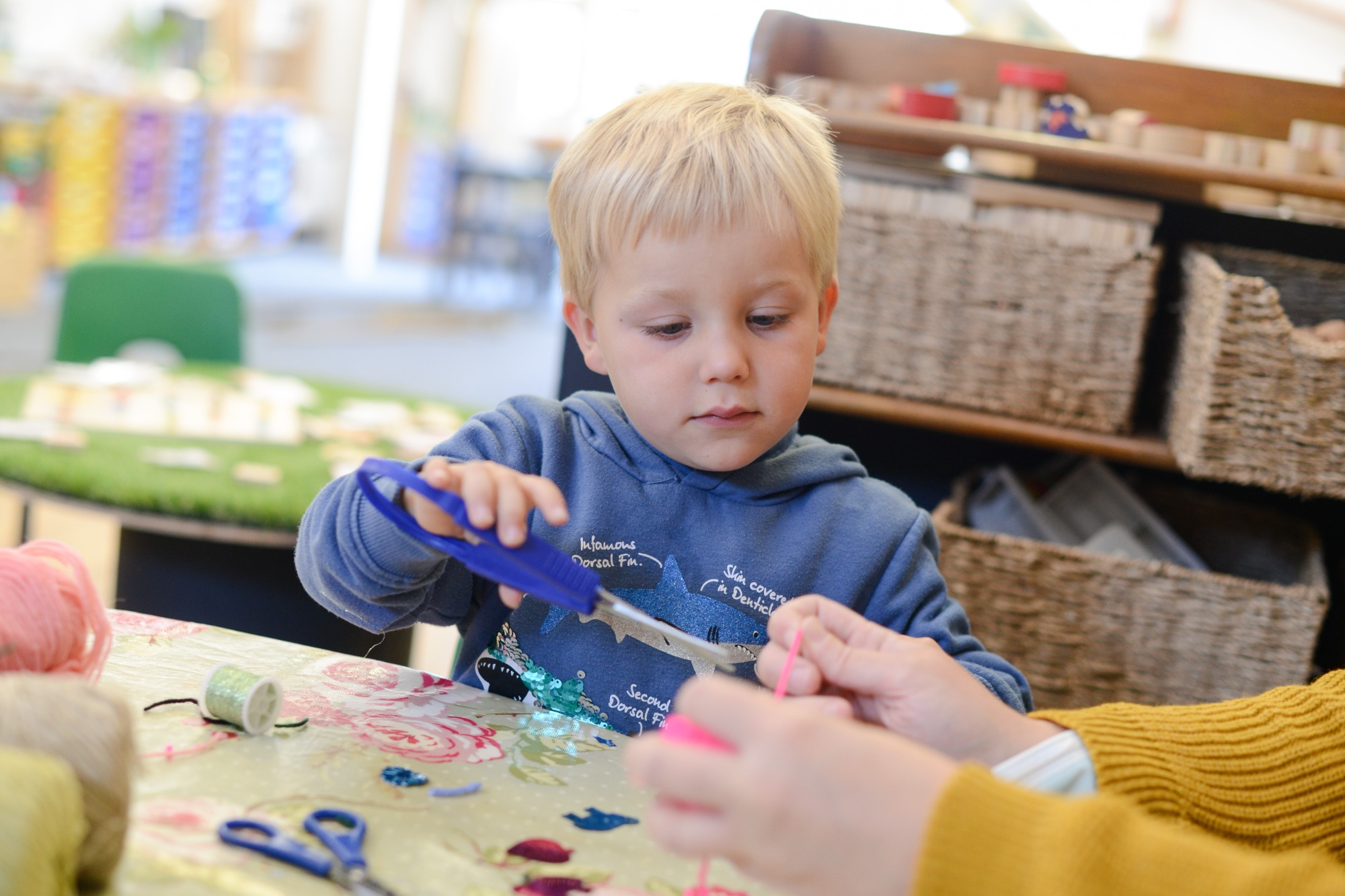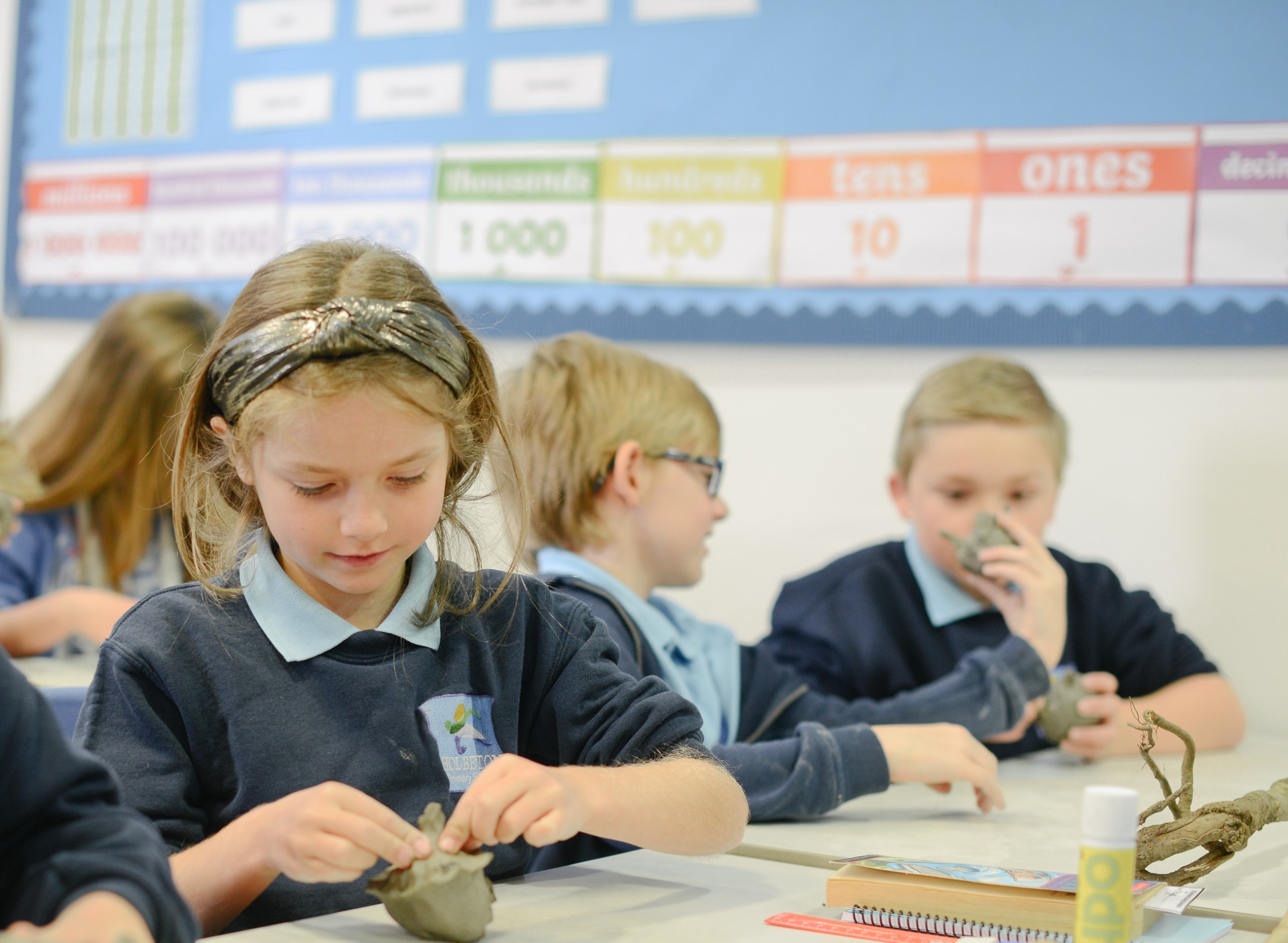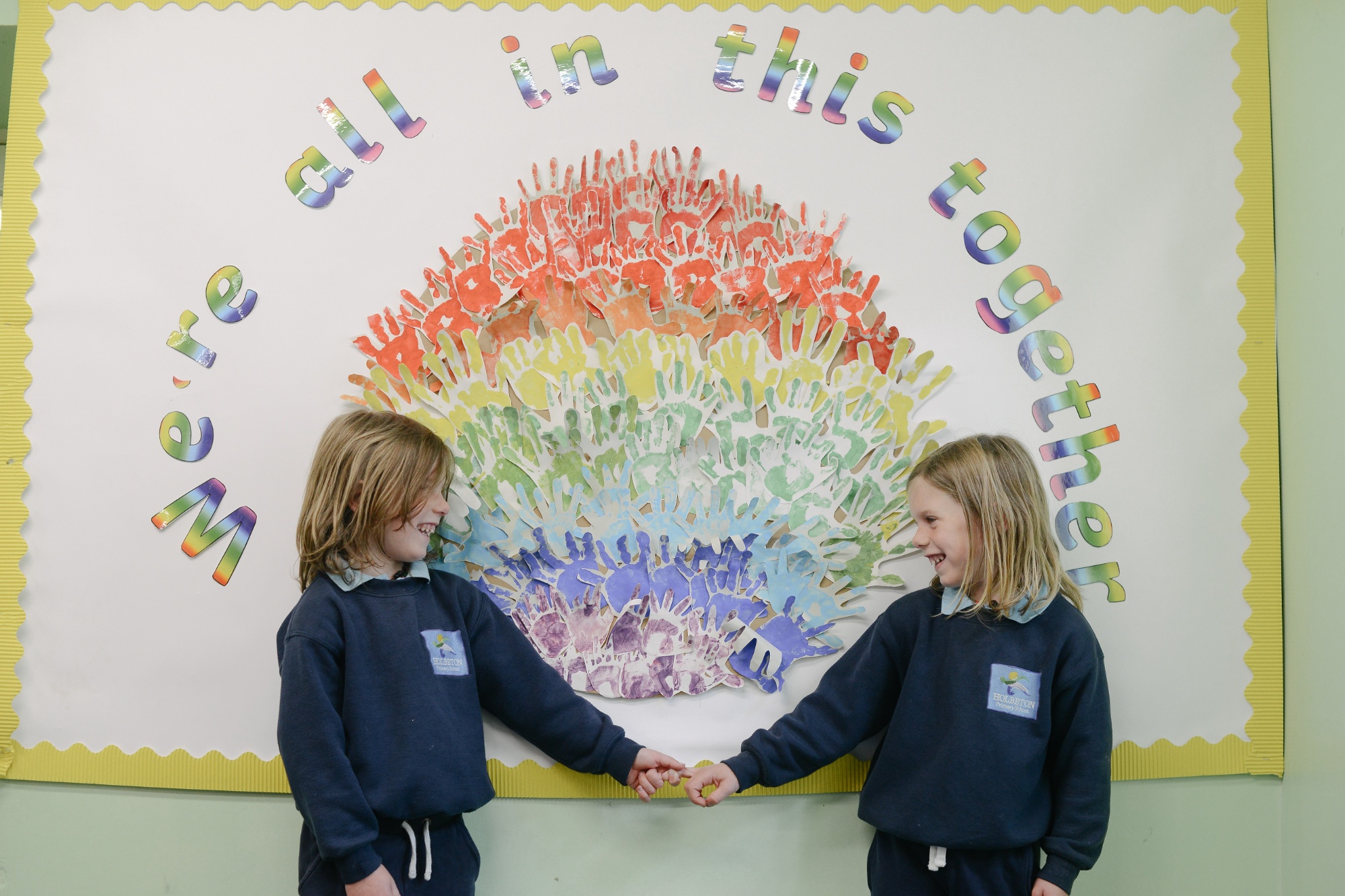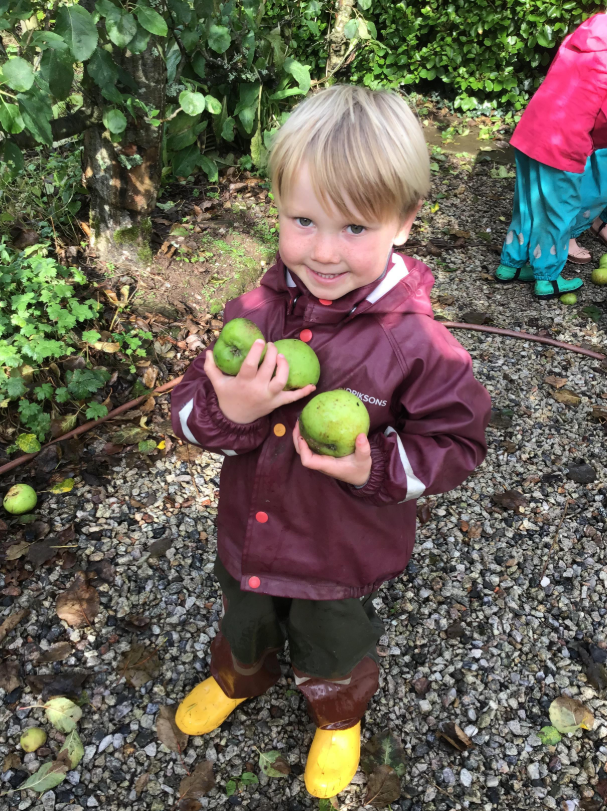Safeguarding
Safeguarding at Holbeton Primary School.
Holbeton Primary School recognises its moral and statutory responsibility to safeguard and promote the welfare of all children and we will provide a caring, positive, safe and stimulating environment that promotes the social, physical and moral development of the individual child. This will be underpinned by a culture of openness where both children and adults feel secure, able to talk and believe that they are listened to. We recognise that all staff have a full and active part to play in protecting our pupils from harm, and that the child’s welfare is our paramount concern. We will ensure that all adults who have contact with children in our school have been properly vetted and deemed suitable to work and support children in our care/charge. We will also ensure that all adults who have contact with children in our school have been trained to undertake their safeguarding responsibilities effectively. We maintain an attitude that ‘it could happen here’ where safeguarding is concerned. If you have any concerns, please contact the DSL team via the following email address admin@holbeton.devon.uk
Designated Safeguarding Leads
- Designated Safeguarding Lead (DSL) for Child Protection: Mrs Sarah Honywill
- Deputy Designated Safeguarding Lead (DDSL) for Child Protection: Mrs Kate Nash and Mrs Wilson
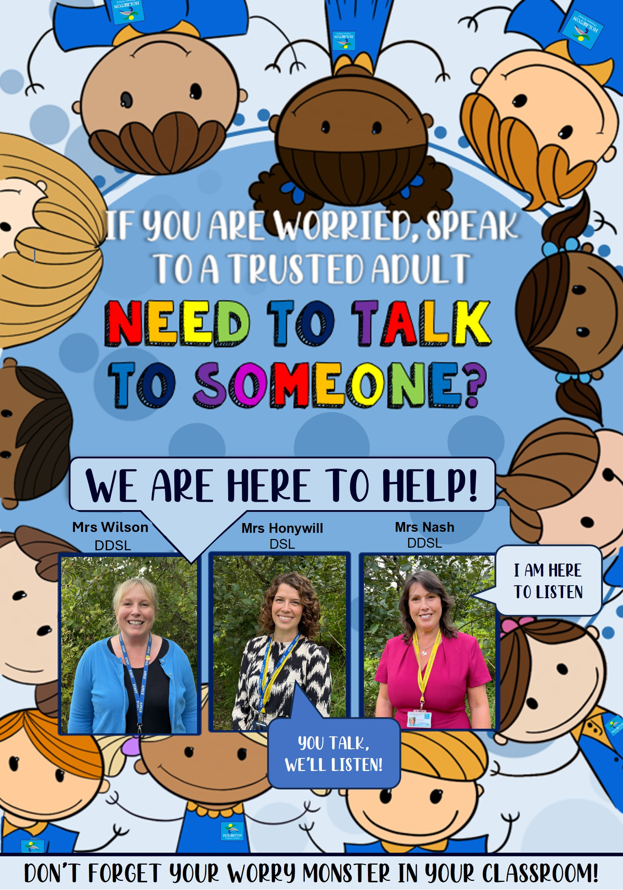
Key Documents and Useful Links:
The following policies are available on the school website:
- Safeguarding Policy
- HPS Anti Bullying Policy
- Devon Safeguarding Children Partnership
- National Online Safety - guides for parents and carers.
- NSPCC Keeping Children Safe -General helpline number 0808 8005000
We are an Operation Encompass school.
In every force, in every school, for every child. Operation Encompass is the early reporting on to schools that a child or young person has been exposed to domestic abuse.
More details can be found at http://www.operationencompass.org/

Working Together to Safeguard Children - Children and Young Persons Guide


